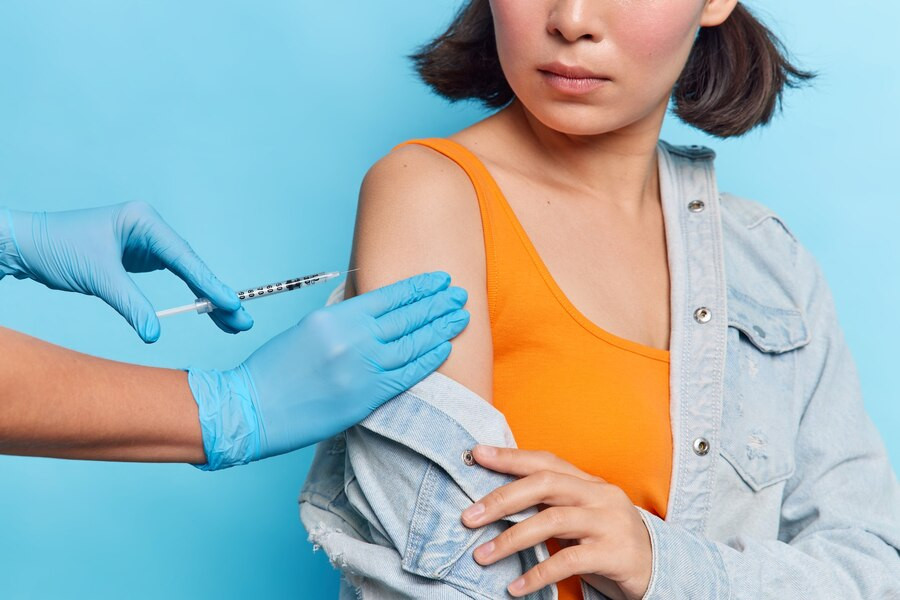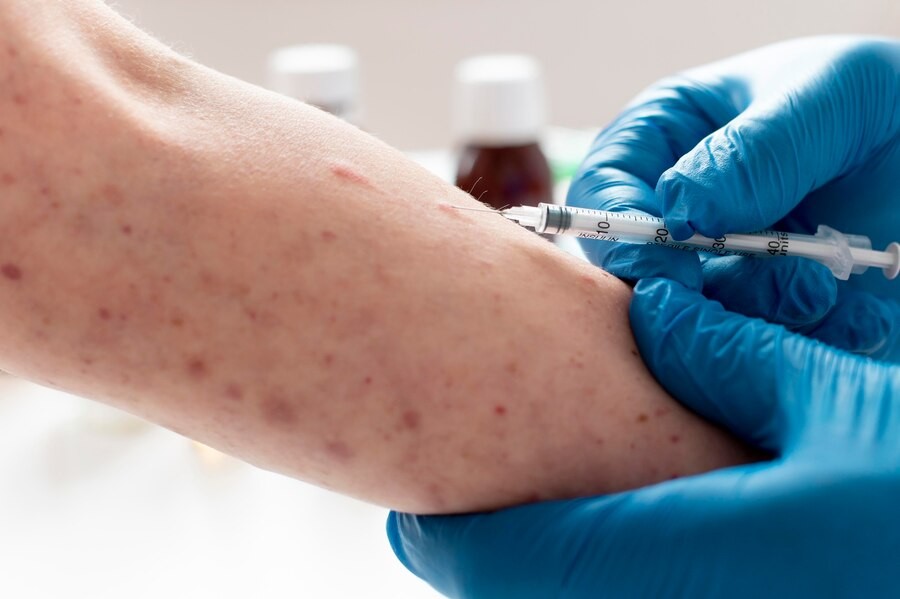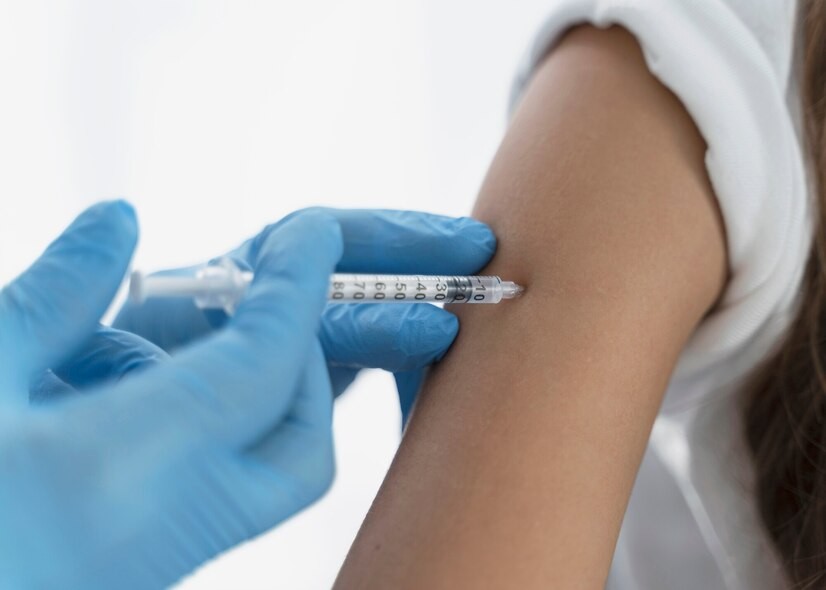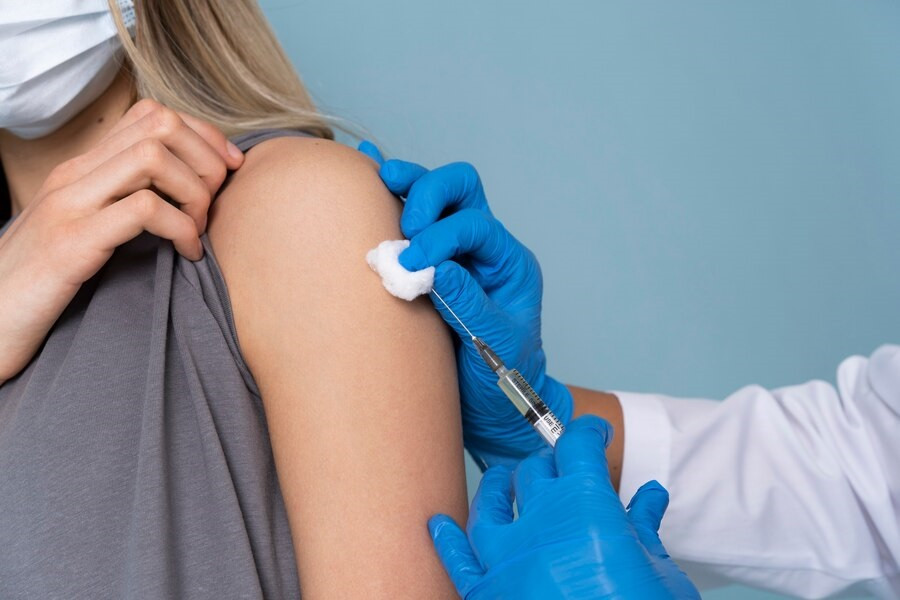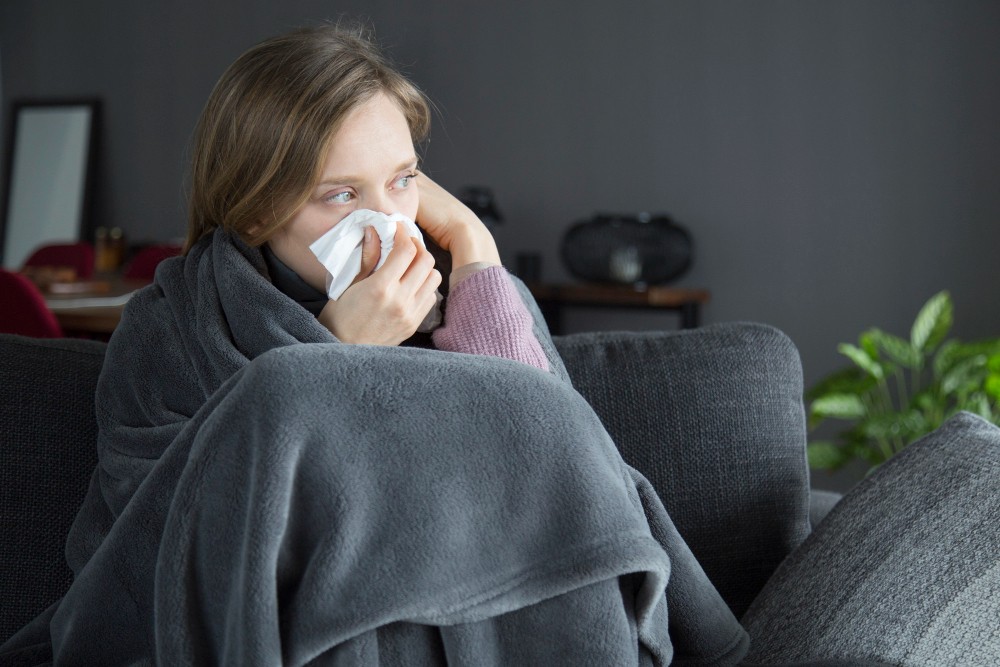Vaksin Mpox adalah salah satu cara yang penting dalam mengatasi Mpox (cacar monyet), terutama dalam mengendalikan penyebaran penyakit dan melindungi kelompok yang berisiko tinggi. Vaksin Mpox bekerja dengan merangsang sistem kekebalan tubuh untuk menghasilkan respons terhadap virus Mpox. Ini dapat membantu tubuh mengenali dan melawan virus jika terpapar di masa depan.
Dalam mengatasi dan mencegah penyakit cacar monyet (Mpox), tidak semua orang akan diberi vaksin Mpox. Menurut rekomendasi Organisasi Kesehatan Dunia (WHO), ada beberapa kebijakan terkait dengan vaksinasi Mpox di Indonesia.
Kapan Perlu Mendapatkan Vaksin Mpox?
Penyakit cacar monyet (Mpox) telah menjadi sorotan global saat ini, terutama karena peningkatan kasus yang signifikan di beberapa negara, termasuk di Indonesia. Vaksinasi menjadi salah satu cara efektif dalam mencegah penyebarannya.
Namun, kapan Anda perlu mendapatkan vaksin ini?
Baca Juga: Cara Mencegah Infeksi Cacar Monyet (Mpox)
Sesuai rekomendasi WHO, tidak semua orang perlu mendapatkan vaksin Mpox. Untuk saat ini, vaksinasi Mpox sangat dianjurkan diberikan pada kelompok berikut:
Orang yang memiliki riwayat kontak langsung dengan kasus Mpox
Kelompok pertama yang perlu mendapatkan vaksin Mpox adalah mereka yang telah terpapar atau memiliki riwayat kontak langsung dengan orang yang terinfeksi Mpox. Kontak langsung bisa berupa hubungan fisik atau berada di sekitar orang yang terinfeksi.
Vaksinasi setelah terpapar dapat membantu mencegah perkembangan penyakit atau mengurangi keparahan gejalanya. Biasanya, vaksin akan diberikan dalam 4 hari setelah paparan.
Kelompok berisiko tinggi
Vaksin Mpox juga sangat dianjurkan diberikan pada kelompok berisiko tinggi, di antaranya:
- Petugas kesehatan yang sering berinteraksi dengan pasien yang berisiko tinggi terpapar Mpox
- Peneliti dan staf laboratorium yang menangani sampel virus Mpox
- Orang dengan sistem kekebalan tubuh yang lemah, seperti penderita HIV
- Orang yang memiliki hubungan seks dengan transgender, non-biner, maupun sesama jenis
- Orang yang memiliki lebih dari satu pasangan seksual
- Orang yang memiliki hubungan seksual dengan orang asing tidak dikenal
- Orang yang berhubungan seksual di tempat seks komersial
Baca Juga: Ketahui Karakteristik Utama yang Dimiliki Cacar Monyet (Monkeypox)
Bepergian ke daerah endemik
Orang yang memiliki rencana perjalanan ke daerah endemik Mpox seperti Afrika Tengah dan Barat, dianjurkan mendapatkan vaksinasi. Daerah-daerah tersebut dikenal sebagai tempat di mana virus Mpox sedang tinggi. Mendapatkan vaksin sebelum bepergian ke daerah tersebut dapat memberikan perlindungan dari infeksi.
Orang dengan risiko terpapar hewan yang terinfeksi
Orang yang bekerja atau sering terpapar dengan hewan yang mungkin membawa virus Mpox, perlu mempertimbangkan vaksinasi. Misalnya seperti staf kebun binatang, peneliti hewan, atau mereka yang bekerja di fasilitas penangkaran hewan.
Kampanye vaksinasi massal
Di beberapa negara atau wilayah di mana wabah Mpox telah terjadi, pemerintah setempat mungkin meluncurkan kampanye vaksinasi massal. Apabila Anda tinggal di area tersebut, maka mengikuti program vaksinasi ini adalah langkah penting untuk melindungi diri dan orang-orang di sekitar Anda.
Vaksinasi Mpox sangat penting dalam mencegah dan mengendalikan penyebaran virus Mpox. Apabila Anda memiliki pertanyaan lain terkait dengan vaksinasi ini, Anda bisa berkonsultasi dengan dokter melalui aplikasi Ai Care yang dapat diunduh di App Store atau Play Store.
Mau tahu informasi seputar penyakit lainnya? Cek di sini, ya!
- dr Nadia Opmalina
CDC (2024). Mpox Vaccination Basics. Available from: https://www.cdc.gov/poxvirus/mpox/vaccines/index.html
Pritish K. Tosh, M.D. (2024). Monkeypox: What is it and how can it be prevented?. Available from: https://www.mayoclinic.org/diseases-conditions/infectious-diseases/expert-answers/monkeypox-faq/faq-20533608
WHO (2024). Mpox. Available from: https://www.who.int/news-room/fact-sheets/detail/mpox
NSW Health (2024). Mpox vaccination. Available from: https://www.health.nsw.gov.au/Infectious/mpox/Pages/book-a-vaccine.aspx
Sehat Negeriku (2023). Kemenkes Sediakan Vaksin Mpox untuk Kelompok Berisiko. Available from: https://sehatnegeriku.kemkes.go.id/baca/rilis-media/20231027/5844112/kemenkes-sediakan-vaksin-mpox-untuk-kelompok-berisiko/
Sehat Negeriku (2024). Vaksinasi MPOX Direkomendasikan untuk LSL dan Perilaku Multisex Partner. Available from: https://sehatnegeriku.kemkes.go.id/baca/umum/20240828/5446312/vaksinasi-mpox-direkomendasikan-untuk-lsl-dan-perilaku-multisex-partner/


